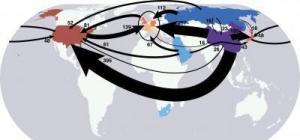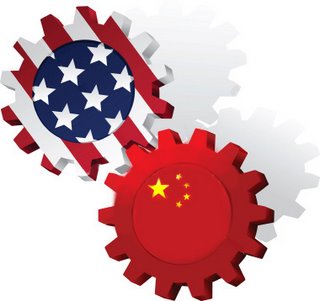As students of Furman University, being ‘green’ has become the standard on which we strive to live by. One of the most crucial aspects of remaining green is being energy efficient, and in a world that is run on oil and other fossil fuels, it is important not to forget the finite characteristic of these fossil fuels. As the need for sustainable energy becomes more prevalent in the world, the spotlight has turned to more renewable energy sources, such as:

- Sunlight
- Wind
- Tides
- Geothermal
As these naturally replenishing energy sources becomes more viable, it is important that the United States makes policy considerations in regards to trading that would encourage or inhibit the production and initiation of renewable energy resources. Economic analysts say that these necessary trade policies will be the topic discussed during President Barack Obama‘s upcoming trip to Indonesia. The Indonesian Trade Minister, Mari Pangestu, “not[ed] that the United States has a ‘comparative advantage’ in a number of renewable energy areas”
For the United States to remain competitive and committed in the rapidly growing field of renewable energy, however, it is important that policies be enacted that allow for beneficial economic growth in these new markets. Recently, “Chinese manufacturers are entering the U.S. wind market under a joint venture led by Dallas investor Cappy McGarr,” with the U.S. Renewable Energy Group.
As the world enters into a new era of energy and politics, the role of the United States in the energy transformation will be decided by the policies enacted and the trade agreements made with other countries.
Discussion of Renewable Energy: Energy Podcast
To see the transition from nonrenewable to renewable energy Click Here




